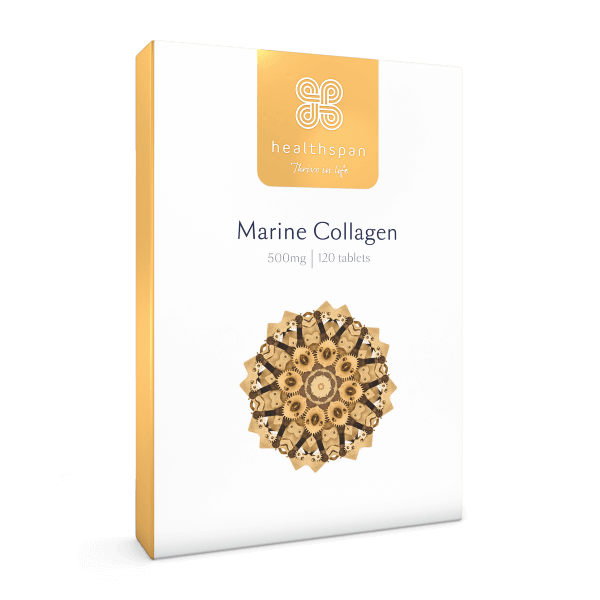As children, we probably all heard the saying ‘the wind will change’ when we pulled a funny face – but have you thought about the long-term effect of your expressions and your moods as an adult, day-in, day-out?
Stress is a modern epidemic - and we're only just beginning to learn about its myriad of negative effects on our health, including our skin. Other emotions, such as anger and anxiety, have a similar effect, mostly due to a hormone called cortisol, which has been linked to breakouts, dryness, a loss of radiance and flushing. Either way, stress, anxiety or anger are never the road to a radiant or glowing complexion.
It's all about cortisol
Colloquially referred to as the 'stress hormone', cortisol was useful for our ancient ancestors to prepare them for 'fight or flight' against predators. Our skin isn't considered a vital organ, which means that when we're stressed, it loses out, resulting in excess oil, dullness, wrinkles and dryness.
Oiliness
When the level of cortisol in our system increases, our skin produces more oil but even more interestingly, the composition of that oil is different too. When you're stressed, your skin's oil is thicker and heavier than when you have a normal amount of cortisol in your system, making it more likely to clog your pores and form blackheads and whiteheads, as well as giving your skin an oilier appearance overall.
Dryness
Just to make it interesting, your skin might also get drier! This is because cortisol decreases skin's production of hyaluronic acid, a moisturiser produced naturally by the body, which helps to support cell renewal, skin elasticity and collagen production to keep skin smooth.
Dullness
Another throwback to our fight or flight response is the diversion of blood to our vital organs (such as the heart, brain and lungs) and away from our skin. As a result, less oxygen and fewer nutrients reach our skin, resulting in a disappointingly dull complexion.
Wrinkles
Cortisol also inhibits the production of collagen and elastin (as well as damaging skin's existing supplies of these proteins) via glycation, a process related to increased blood sugar, resulting in the increased appearance of lines and wrinkles. Collagen plays an important role in skin's 'plumpness' and youthful-appearance, while elastin, as the name suggests, is largely responsible for skin's elasticity - so you want to look after them!
Tensing the muscles in our body and in our face when we're angry or stressed can be a further cause of lines and wrinkles, making them more prominent as our facial skin is pulled and creased repeatedly over time.
So as well as making sure we've got our skin routine sorted, some well-earned relaxation time to help us keep that pesky 'fight or flight' hormone in-check also needs to be high up on your list for a happy and healthy appearance.

Marine Collagen
Support for your skin, bones and joints
- High levels of hydrolysed marine collagen
- Low molecular weight to aid absorption
- Added vitamin C to support collagen formation






